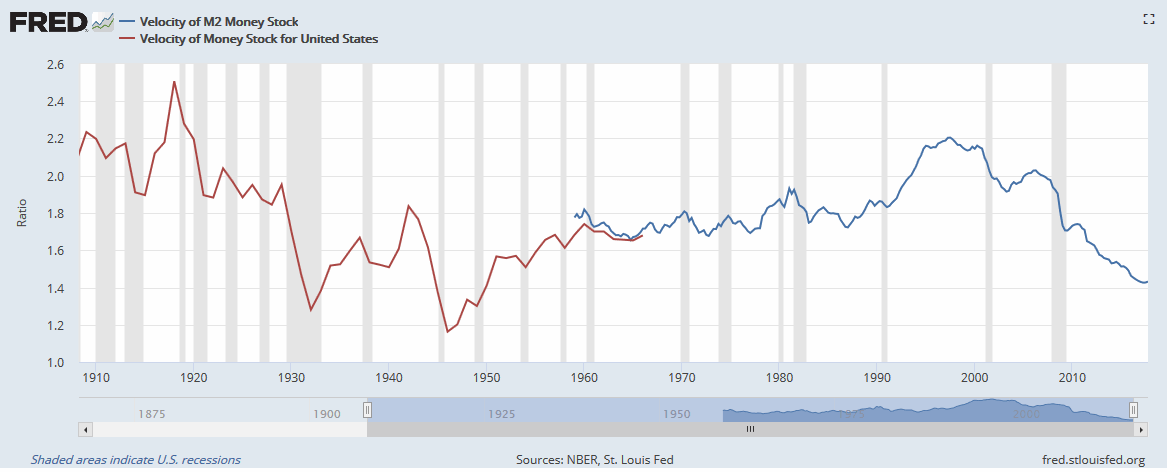Higgenbotham wrote:
> Has Schwab done a disservice to their clients? Not necessarily,
> because they may have low ratings on high fliers that will
> outperform when everything is being bid up, but will underperform
> in a bear market.
> Likewise, a stock picker who has outperformed during a bull market
> may have only done so because he picked the high fliers and his
> performance will fall apart when the market turns down.
> So I go back to Ellis. He too has been advocating that investment
> managers return to the business of providing tailored advice. He
> says it’s the one service they can consistently deliver. Managers
> who promise steady outperformance can’t make good on the
> pledge. “But what about David Swensen,” I say, trying to speak
> softly as my voice booms in a cavernous room on the second floor
> of the Yale Club in Midtown Manhattan. “How can you so staunchly
> believe that investment managers can’t outperform, when you
> watched David do it for so many years?” (Even with the losses of
> 2008, Yale’s endowment returned 13.7 percent a year over the two
> decades ended June 30, 2012.)
> Ellis is undeterred, making the case that Swensen’s skill is not
> unlike that of a Picasso or a Renoir. “He’s the most rigorous
> thinker about investments in the world,” says Ellis.
Higgenbotham wrote:
> That's not enough. He hasn't invested through a severe bear market
> yet. Fortunately for a Picasso, he can toss his crappy paintings
> out and nobody ever sees them, but somebody who manages a Yale
> endowment has to gamble all the time.
As with many things, I try to explain it generationally. The sources
you've quoted point to something different today from 2007 -- the
metrics used by stock analysts to evaluate stocks used to work pretty
well, but have been failing since 2007.
Various reasons are given for this change, but all the reasons
seem to have the same core explanation -- the rise of algos.
So I have two questions:
* Suppose the same algos had existed in the 80s and 90s. Would that
have meant that stock analysts would have failed similarly?
* How did stock analysts perform in the 1930s, which is a similar
generational period, but without algos.
There's no way to get answers to these questions, but I just
don't think the rise of algos is the core reason.
The major core generational issue today -- something that stock
analysts seem completely ignorant of -- is the velocity of money:

 https://fred.stlouisfed.org/graph/?cate ... _id=366117
https://fred.stlouisfed.org/graph/?cate ... _id=366117
The velocity of money fell sharply from 1929-32 (stock market
crash) and 1941-46 (World War II). It's also been falling
steadily since 1997.
The falling velocity of money explains why inflation targets
have not been met, because pouring money into the economy
with QE makes no difference if the money just sits in bank
accounts without being spent.
The same reason could also explain why stock analysts are now failing.
If people are unwilling to spend money on people or employees, they're
also unwilling to spend money on stocks according to metrics that
prevailed in the 1980s and 1990s.
Nobody ever mentions the velocity of money, but I believe that it's
the major generational factor affecting the economy and the stock
market.
This should actually be obvious. Economic pundits obsess endlessly
over whether the Fed will lower interest rates by 0.25%, but a fall in
the velocity of money from 2.2 in 1997 to 1.4 today has got to have at
least as great an effect as a small change in interest rate.

